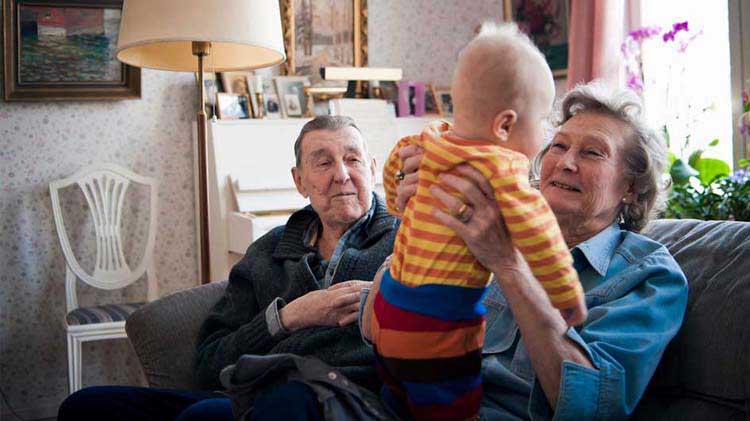How to plan for retirement as a caregiver
Caring for a parent or loved one can come with special financial challenges.
Being a caregiver can make it harder to prepare for your own retirement and long-term care needs. Planning for retirement takes time and money, and as a caregiver, you’re often short on both. But hard doesn’t mean impossible — here are some tips to prepare for retirement as a caregiver.
Crunch the numbers
Before you can decide how much you can afford to put away each month for retirement, you need to know exactly how much money is coming in and going out. Create a budget that includes retirement contributions and an emergency fund for surprise expenses. An emergency fund can help you avoid making early withdrawals from your retirement accounts, which could result in penalties and the loss of potential tax-advantaged growth.
Understand Social Security benefits for caregivers
The Social Security Administration won’t pay you directly as a caregiver, but if your elderly parent or loved one qualifies for Social Security disability benefits, those can be used to cover costs and to pay for a home health aide. In some states, you may be eligible for compensation as a caregiver through a program like Medicaid Self-Directed Services.
Your loved one may qualify for other programs that provide resources to cover care. For example, many Medicare Advantage plans now cover day-to-day needs such as meal delivery, transportation to health appointments and home health services.
Leverage tax benefits
Every dollar counts, so save money for retirement in an individual retirement account (IRA), which offers the potential for tax-deferred growth. Flexible spending accounts (FSAs) and health savings accounts (HSAs) can offer pretax savings or help get you tax deductions when you pay for certain qualified expenses.
Consider your own long-term care insurance needs
If you’re unsure whether your retirement savings will cover your long-term health needs, consider purchasing a long-term care insurance policy to cover expenses a typical health care policy won’t.
Planning for retirement as a caregiver comes down to two main strategies: finding ways to free up time and money and making your retirement contributions as effective as possible. It’s not easy, but it’s important that you don’t neglect your own needs, even as you care for someone else.




